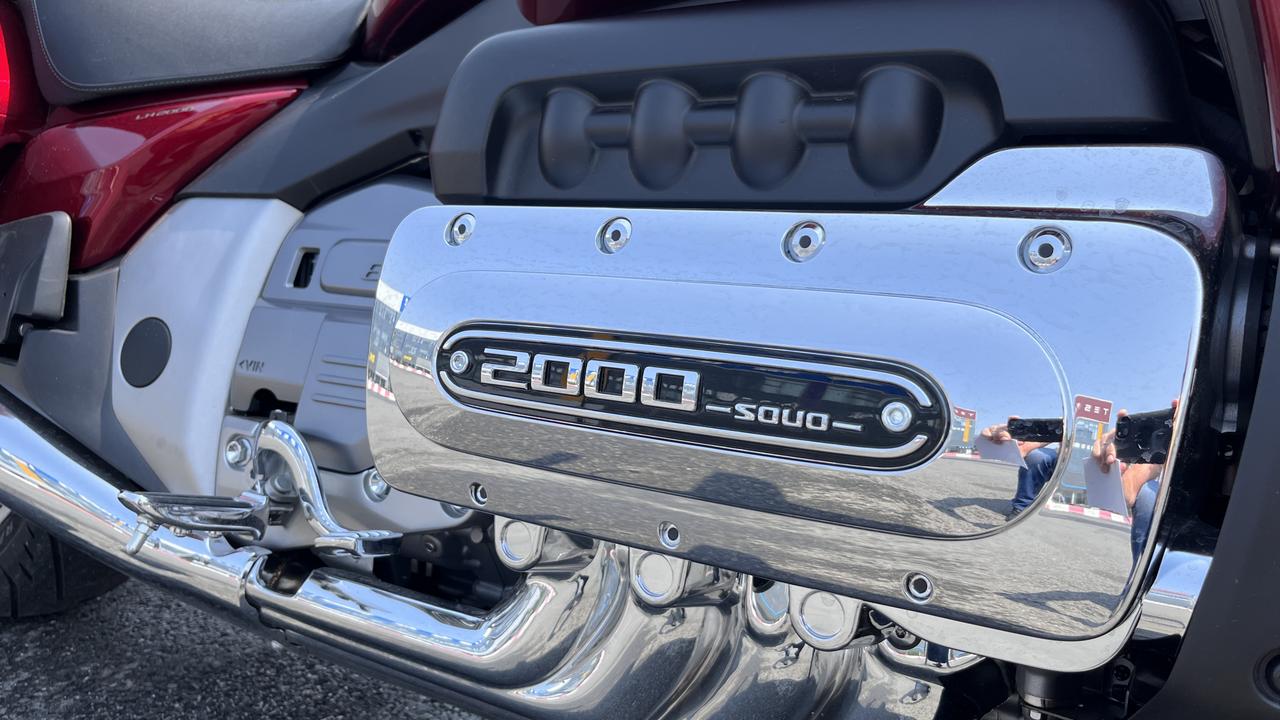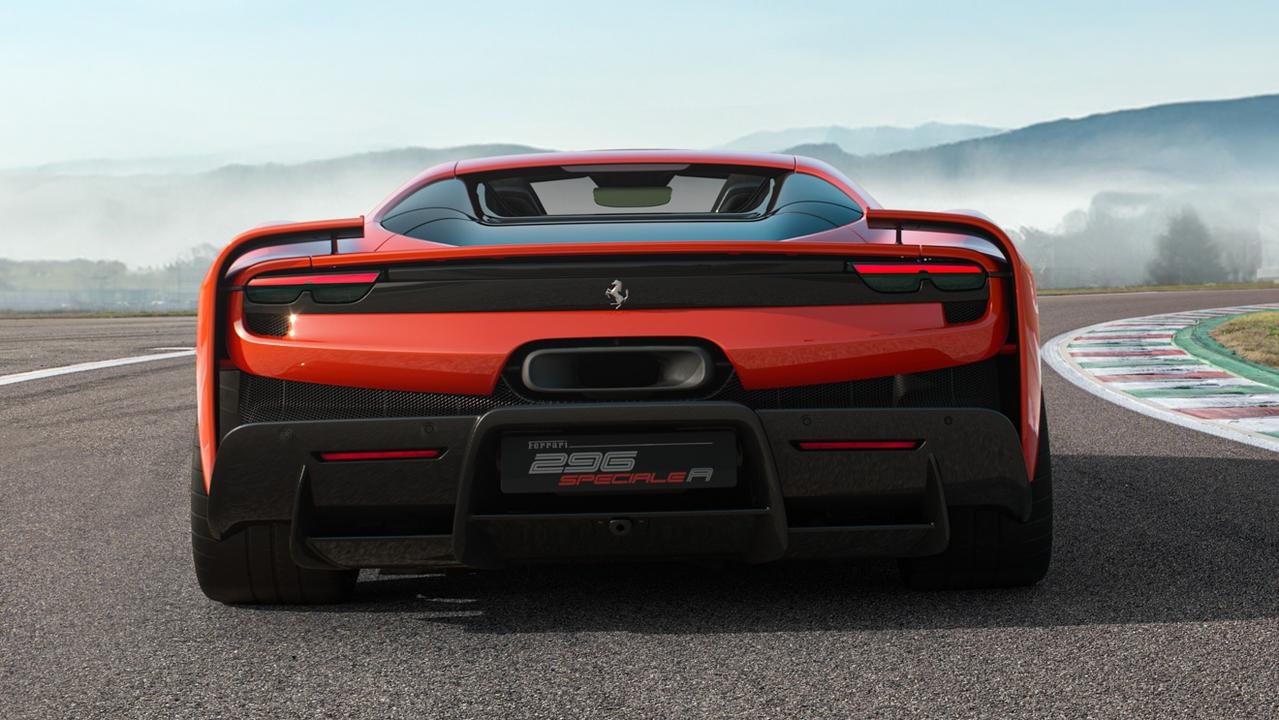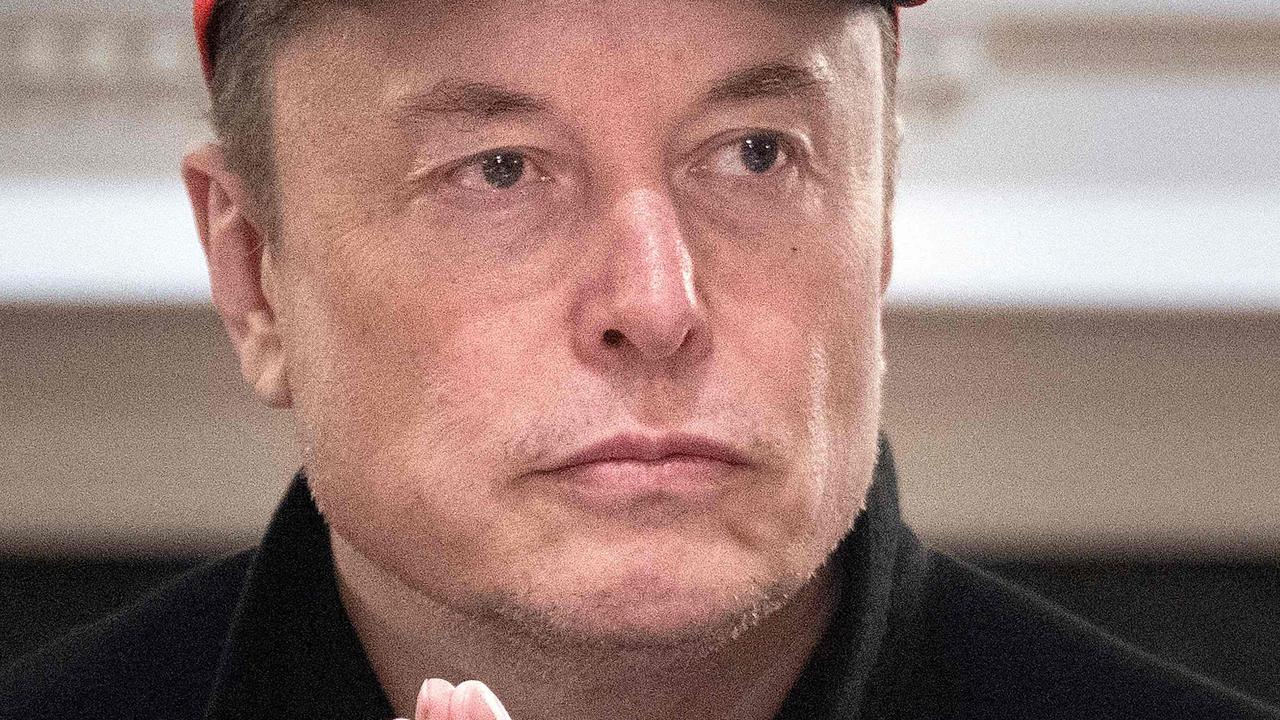Victorian panel urges state to scrap petrol cars in bid to drive down emissions
A radical proposal has been made to scrap the sale of new petrol vehicles in one Australian state to cut emissions.
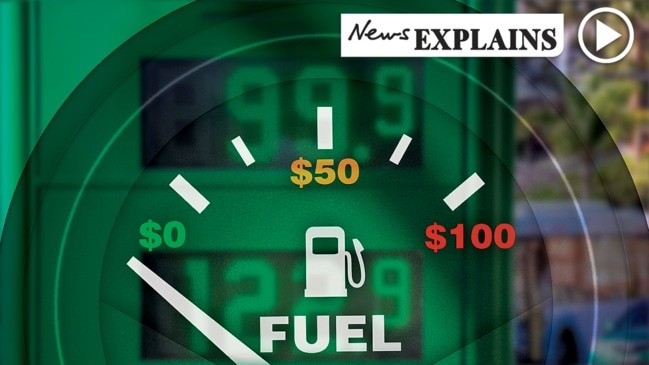
Victoria should end the sale of all new petrol and diesel cars by 2030 in a dramatic effort to drive down emissions, according to an Infrastructure Victoria panel.
Dubbed the state’s “largest ever deliberative engagement program”, 211 Victorians took part in the month-long workshop series, providing advice on how the state government could encourage more people to take up low or zero-emission vehicles.
The panel delivered 21 recommendations for Victoria’s independent infrastructure advisory body to consider, including an end to the sale of all new petrol and diesel cars by 2030 and suggesting new housing developments install electric charging stations.
They also recommended government fleets use electric cars, which could create a second-hand market with lower prices.
Infrastructure Victoria is reviewing the state’s 30-year infrastructure strategy, with the aim of lowering Victoria’s increasing transport emissions.
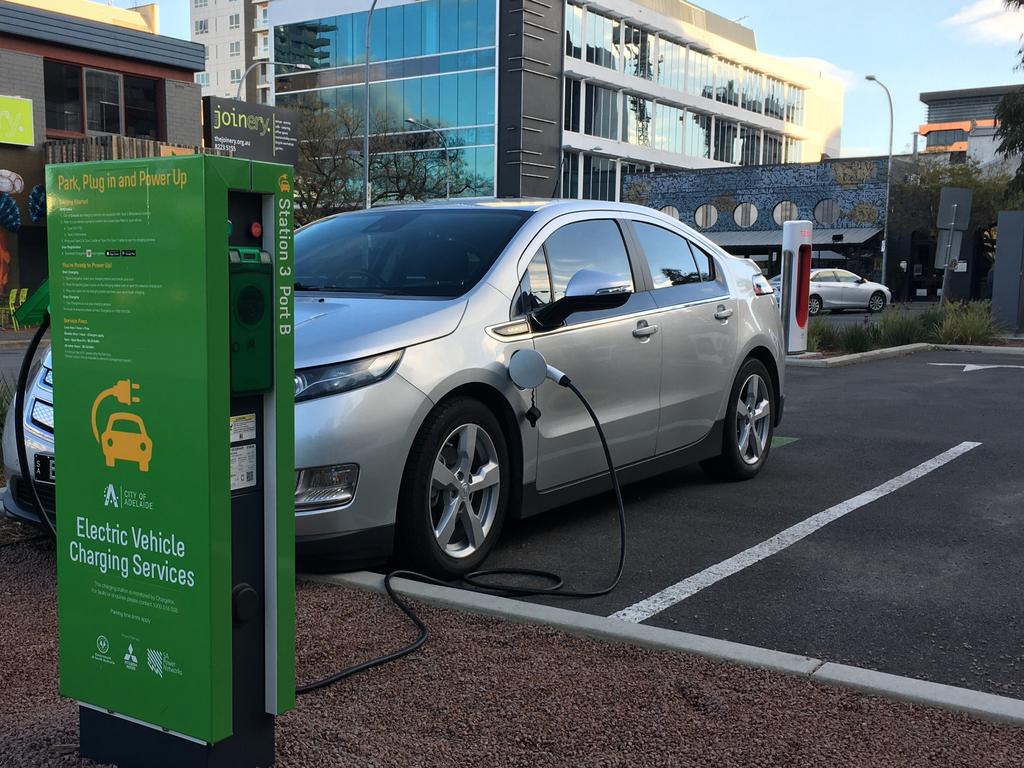
Infrastructure Victoria chief executive Michel Masson said the insight was critical in informing the state’s infrastructure needs moving forward.
“Victoria will not reach its emissions reduction targets unless more people shift away from petrol and diesel vehicles, but this transition needs to be planned, fair and equitable,” Mr Masson said.
“Transitioning to zero emissions vehicles is likely to have the single-most significant impact on reducing Victoria’s transport emissions, and while other countries have experienced the benefits of this, the technology is still relatively new in Australia.”
Mr Masson said car use in inner Melbourne was at risk of surpassing pre-COVID levels by 100,000 extra trips a day.
“Vehicle emissions were being driven in the wrong direction before COVID, and we need to turn this around, as our modelling shows the state will have an extra 10.2 million vehicle trips per day within the next 30 years,” he said.
“To understand how we make the change to zero emissions vehicles, we went straight to the source and reached out to everyday Victorians for their views, experiences, and opinions.
“This process revealed that reducing or offsetting purchase costs is important, but there are many more opportunities. In fact, the panel’s top five recommendations explored ideas beyond financial incentives to encourage a greater uptake of low and zero emissions vehicles.”
The panel also recommended infrastructure Victoria develop a community education campaign about electric vehicles, provide financial incentives to individuals to support the transition to low emission vehicles and provide electric vehicle charging stations at town centres.

